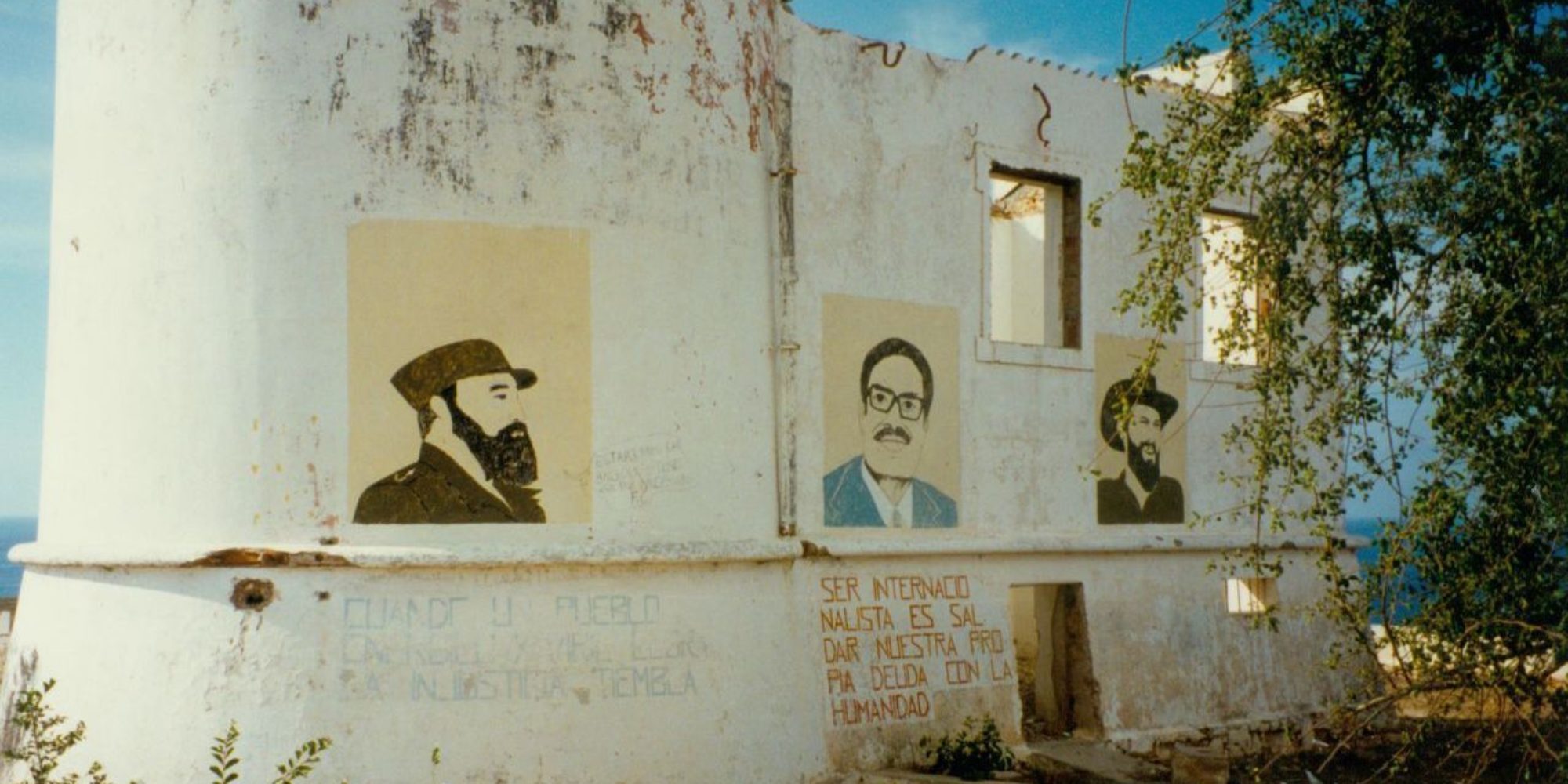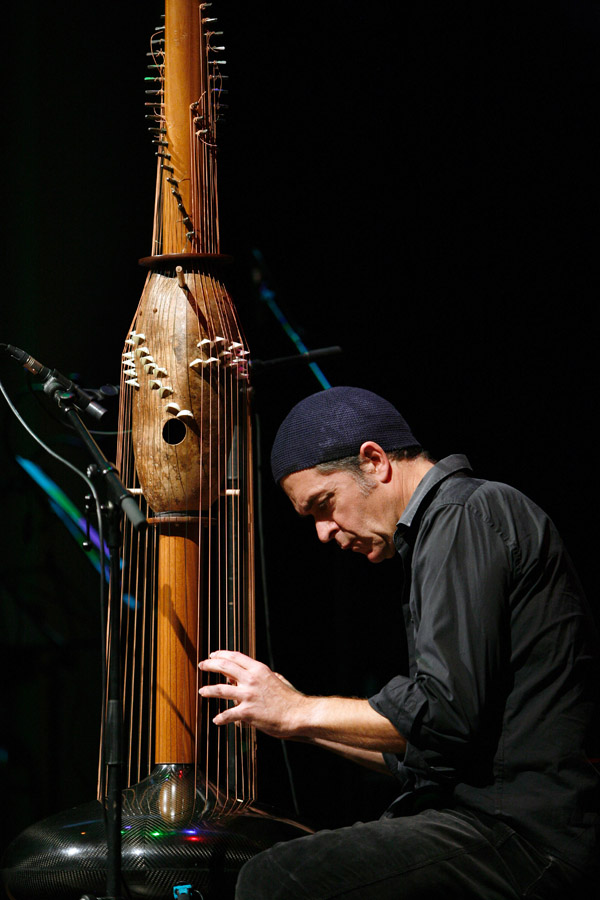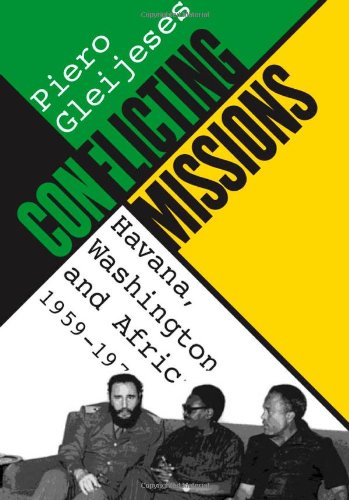Hip Deep June 10, 2021
Hip Deep Angola 4: The Cuban Intervention in Angola
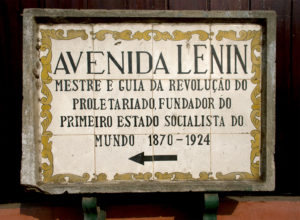
This Hip Deep program delves into the complex history of Cuba's intervention in Angoa's civil war.
Related Audio Programs
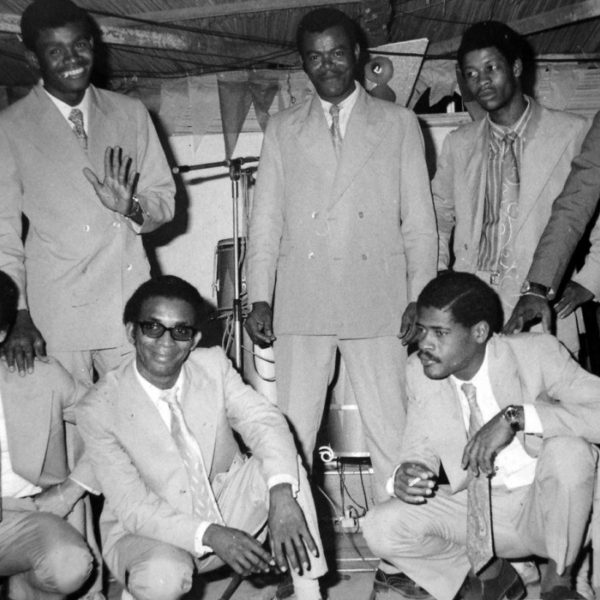
Hip Deep November 2, 2017
This Hip Deep program explores the role music played in the creation of a uniquely Angolan consciousness as the country struggled toward independence in the 1960s and ‘70s after centuries of colonialism.
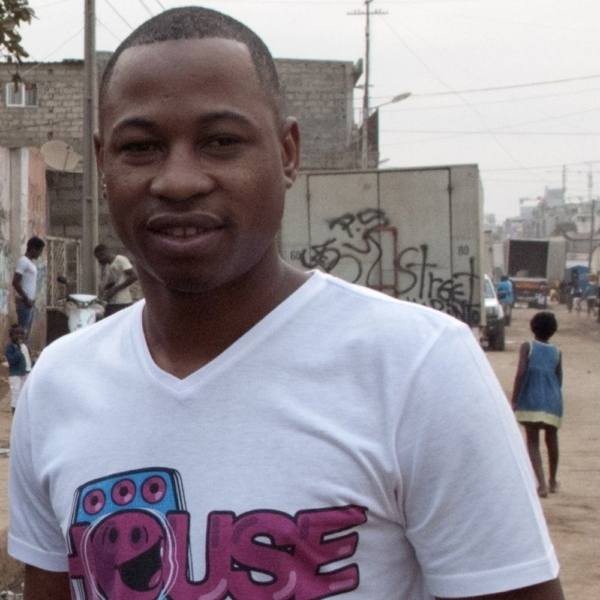
Hip Deep November 9, 2017
In this Hip Deep program, join producer Ned Sublette on the streets of Angola’s big, smoggy, oil-booming capital city of Luanda. Peace came to Angola in 2002 after forty-two years of war, and now everything is different, with construction under way everywhere.
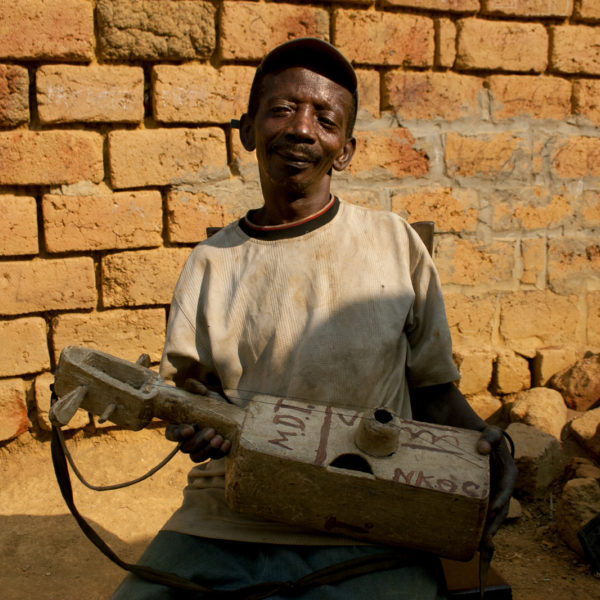
Hip Deep May 13, 2021
In this Hip Deep program, Ned Sublette takes a deep dive into Mbanza-Kongo spiritual tradition and music.
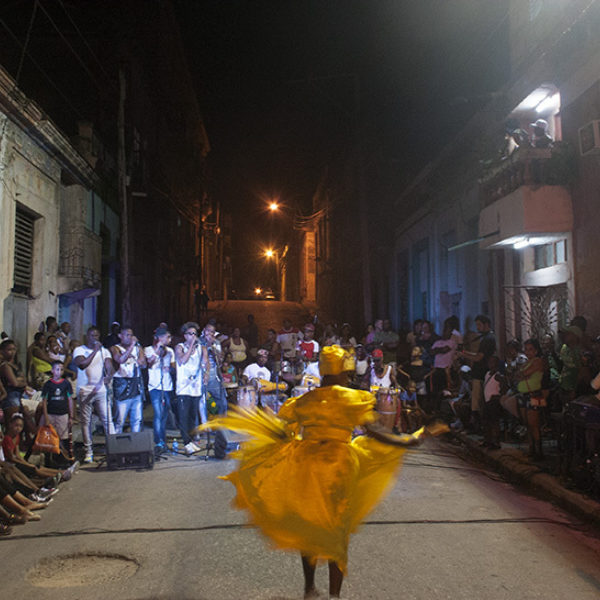
Hip Deep August 2, 2018
Ned Sublette takes a group of travelers, including you, to multiple sites in western Cuba to analyze the musical impact of what Ortiz called the "Cuban counterpoint" of tobacco and sugar.








